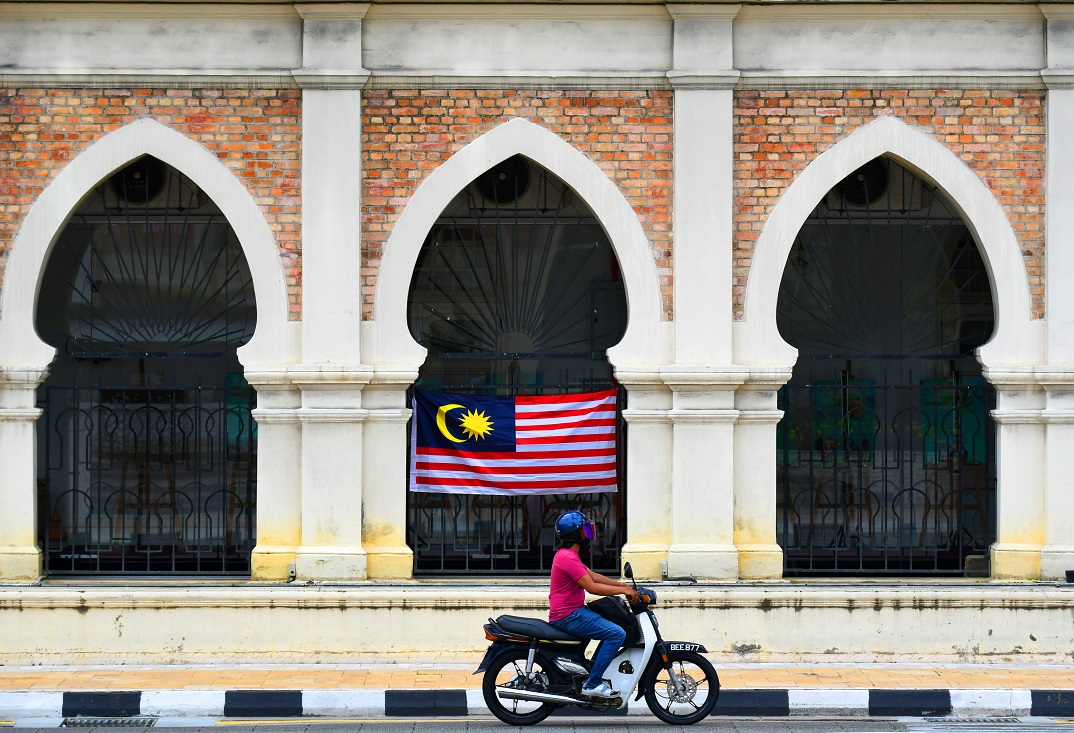Malaysia ranks 27th in 2023 IMD World Competitiveness Ranking

- “With inflation pressures easing and uncertain stock markets, we are now able to see winners and losers in a context where multiple crises overlap.”
KUALA LUMPUR (June 20): Malaysia ranks 27th in the world’s most competitive economies, according to the 2023 IMD World Competitiveness Ranking (WCR).
In a statement on Tuesday (June 20), IMD’s World Competitiveness Center (WCC), which publishes the ranking, said Denmark retained its position at the top of the ranking for the second straight year, while Ireland rose from seventh to second, and Switzerland dropped one place to third.
IMD partnered with the Malaysia Productivity Corporation to assess the country’s performance.
WCC director Professor Arturo Bris said political fragmentation is a result of Covid-19 and the Ukraine war, and a major upshot is that more and more countries — Singapore, Saudi Arabia and India, for example — are pursuing their own interests.
“With inflation pressures easing and uncertain stock markets, we are now able to see winners and losers in a context where multiple crises overlap,” said Bris.
IMD said while Malaysia saw its ranking improved to 27th from 32nd in 2022, the main challenges this year in terms of becoming a more competitive economy are:
- Talent development of an industry-ready workforce;
- Digital-first mindset for sectors;
- Regulatory reforms for ease of doing business at national and sub-national levels; and
- Pursuit of sustainable development.
It said Malaysia’s strength areas where it performed well were:
- Prices;
- Basic infrastructure; and
- Tax policies.
On the other hand, Malaysia did not perform well in the following sub-factor rankings:
- Business Legislation;
- Education;
- Societal framework.
IMD said the most successful economies tend to be smaller, have a good institutional framework including strong education systems, and — in the fragmented world in which we are living — good access to markets and trading partners (e.g., Denmark, Switzerland, and Singapore in fourth place).
Singapore dropped one position to fourth.
The Netherlands improved one place, moving up to fifth (from sixth). Taiwan, China gained one spot (up to sixth, from seventh). Hong Kong declined to seventh (from fifth), as did Sweden — from fourth to eighth.
The USA improved one place, in ninth, and the UAE increased two places to round up the top 10.
Ireland’s sharp rise in the overall ranking is largely the result of its robust achievements in economic performance, where it increases from seventh to second. Switzerland took third place, thanks to its strong performance across all competitiveness factors measured. It remained first for government efficiency and infrastructure, ranked seventh in business efficiency (a decline from fourth), and improved in economic performance (up to 18th from 30th).
Singapore dropped one spot to fourth place, but remained as the most competitive economy in Asia. Taiwan (6th) and Hong Kong (7th) also made it to the global top 10.
In Southeast Asia, Malaysia is the second most competitive economy, after Singapore (4th).
It is followed by Thailand (30th), Indonesia (34th) and the Philippines (52nd).
Follow Us
Follow our channels to receive property news updates 24/7 round the clock.
Telegram

Latest publications
Malaysia's Most
Loved Property App
The only property app you need. More than 200,000 sale/rent listings and daily property news.
